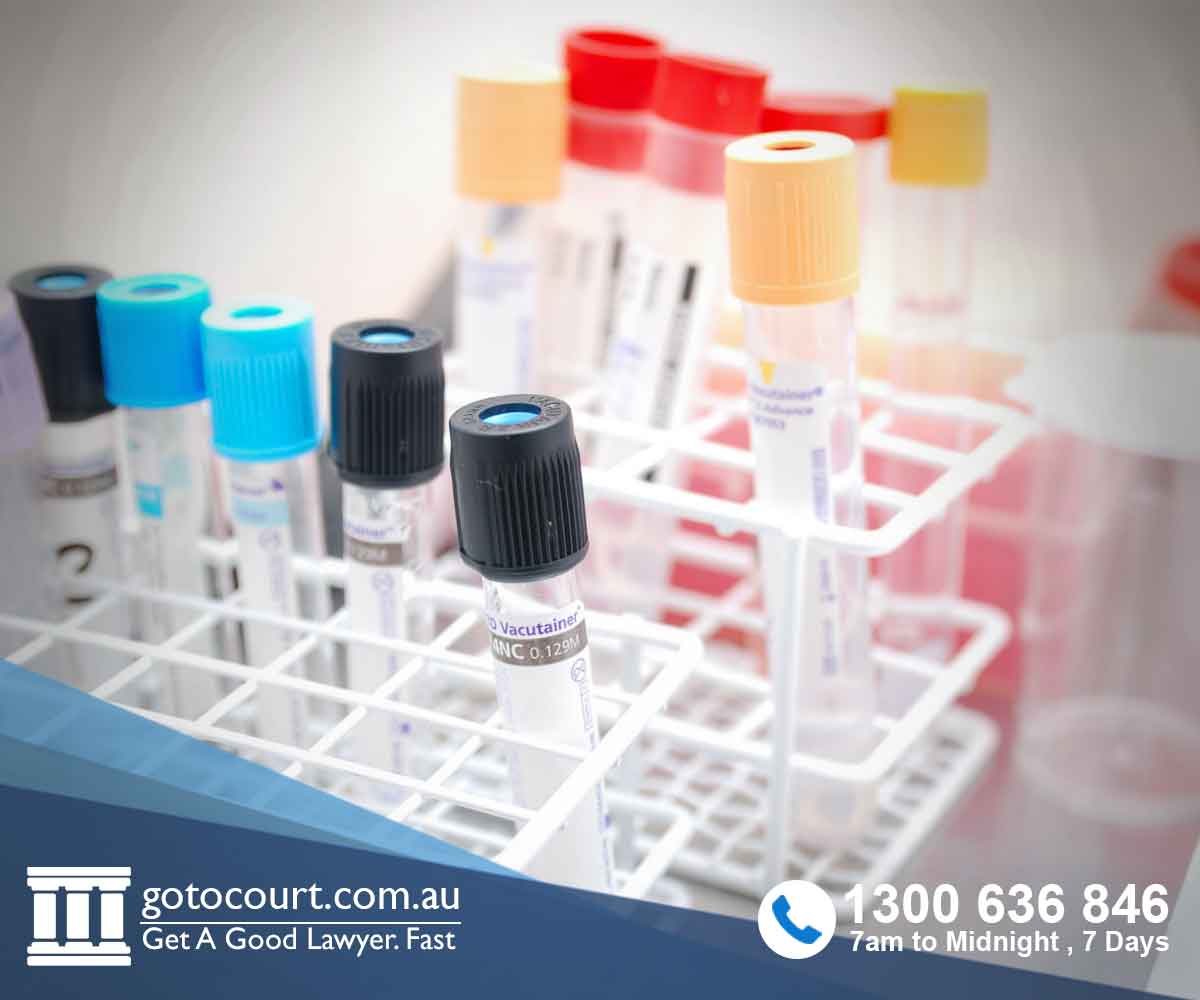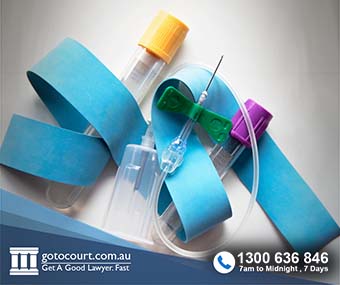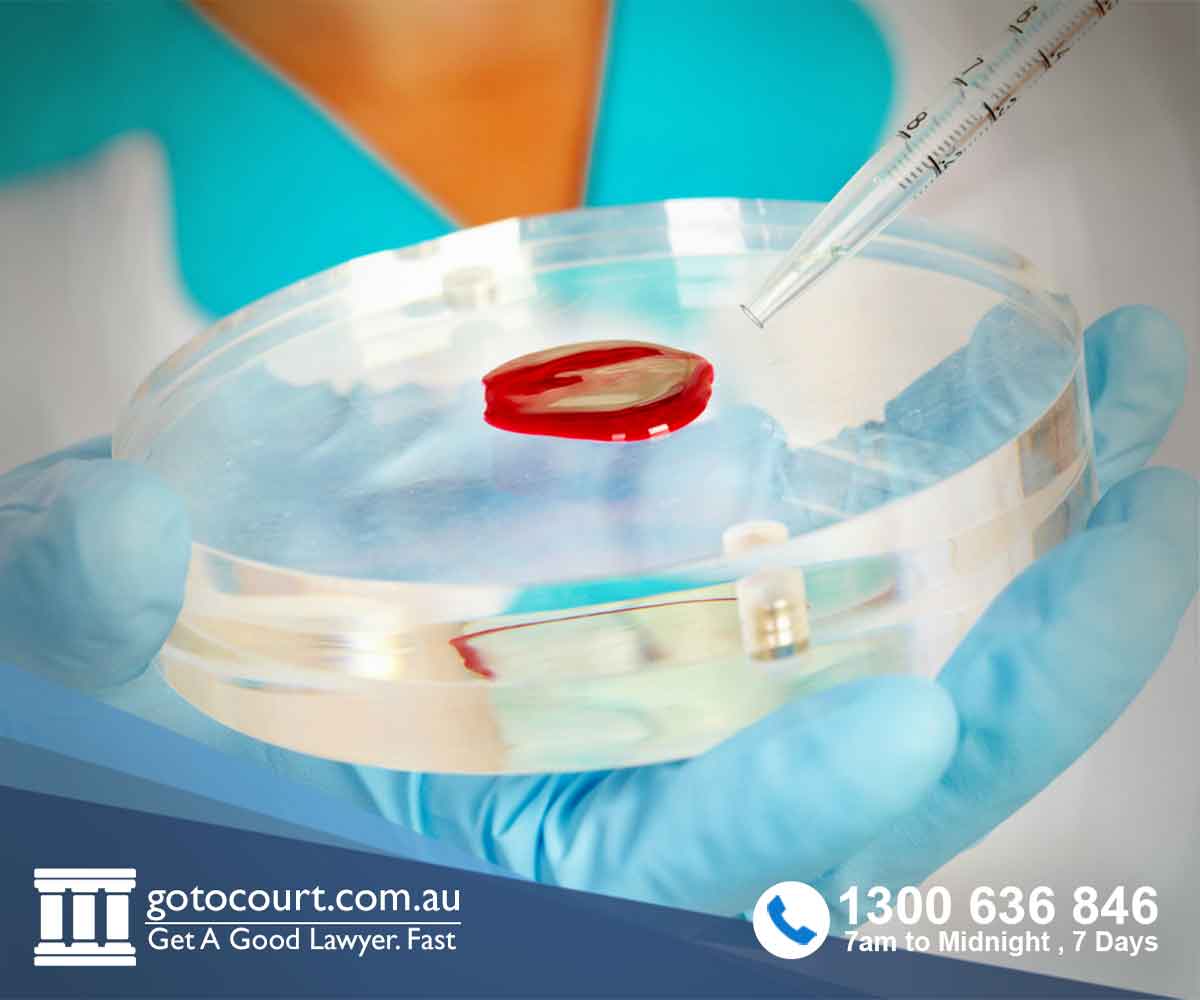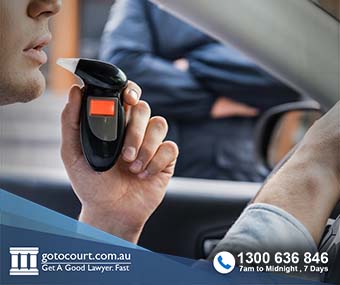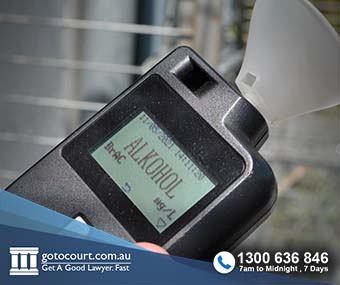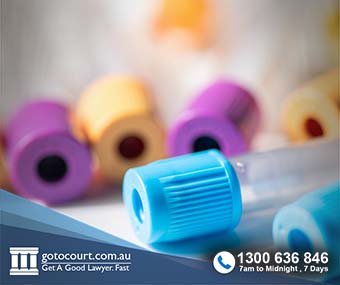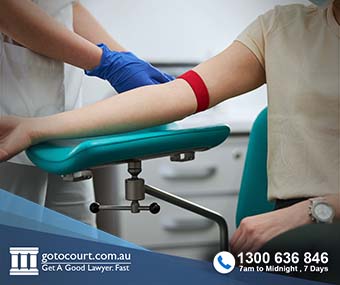Blood Testing in Drink Driving Cases in New South Wales
Blood Testing in Drink Driving Cases in New South Wales
The offences and the rules governing DUI blood tests in New South Wales are set out in the Road Transport Act 2013 . In the blood test, blood is taken from a vein, usually from the arm, and the sample is divided between two specially prepared storage vials which are then sealed. The samples are sent to the State Analytical Laboratories for storage and testing. The police will arrange for the testing of one of those samples, and the person from whom the sample was taken can request that the other is sent for analysis to a pathologist or laboratory of their choosing for testing.
It is important that any analyst uses gas chromatography as the method of analysis and that the analyst provides a sworn statement including all details of the sample and the analysis procedure as well as the result. The sample testing is to measure the blood alcohol concentration (BAC).
The DUI Blood Sample
In New South Wales, a blood sample can be ordered by the police or it can be obtained privately by the driver. If the driver requests their own sample, it can be obtained from a doctor of choice as long as it is carried out in the presence of police and within specified time limits, which is 4 hours, of the event that led to the need for the sample. The police can request a blood sample of any pedestrian involved in an accident, or any person who was or is driving a motor vehicle (or a horse), or was sitting in the driver’s seat with the ignition turned on, or who was instructing or sitting in the seat next to a learner licence holder who was doing so on a road related area or a road and who was involved in an accident.
They may also require a blood sample if a person claims to be physically unable to provide a breath sample. A driver may not elect to provide a blood sample instead of a breath sample in New South Wales, although that option is available in some other states.
Refusing a Blood Sample
In NSW, a person can be charged with refusal to provide a sample or with preventing the taking of a sample if they refuse to take part in the giving of a sample. The request to provide a blood sample can be refused if it is medically dangerous to take a sample, or that more than 4 hours has passed since the event that led to the order to take a sample, or that the person has returned to their home.
Penalties
If the police have requested a blood sample from a person who was unable to provide a breath sample and they refuse to provide it then the maximum penalty is a fine of $3,3000 (in the case of a first offence) or $5,500 fine or 18 months in jail or both (in the case of a second or subsequent offence). For the other instances where the police can request a blood sample the maximum penalties for not complying are a fine of $3,300.00 or 18 months jail or both (in the case of a first offence) or $5,500.00 fine or 2 years jail or both (in the case of a second or subsequent offence).
Challenging a Blood Sample result
The police must provide sworn evidence that the sample tested is the same sample as that taken from a particular person. Each person who takes possession of the sample for however short a time must prove it is that sample and that they kept it from being interfered with. If they fail to comply properly with all of the technical rules, then the sample result is invalid. The same rules apply when relying on a privately tested sample. If the blood sample was taken more than 4 hours after the event that led to the taking of the sample then it is also invalid.
The sample result may also be challenged by calling an expert witness who is capable of establishing that the blood alcohol concentration was likely to have been lower at the time of the incident.

Affordable Lawyers
Our Go To Court Lawyers will assist you in all areas of law. We specialise in providing legal advice urgently – at the time when you need it most. If you need a lawyer right now, today, we can help you – no matter where you are in Australia.How It Works




1. You speak directly to a lawyer
When you call the Go To Court Legal Hotline, you will be connected directly to a lawyer, every time.

2. Get your legal situation assessed
We determine the best way forward in your legal matter, free of charge. If you want to go ahead and book a face-to-face appointment, we will connect you with a specialist in your local area.

3. We arrange everything as needed
If you want to go ahead and book a fact-to-face appointment, we will connect you with a specialist in your local area no matter where you are and even at very short notice.

